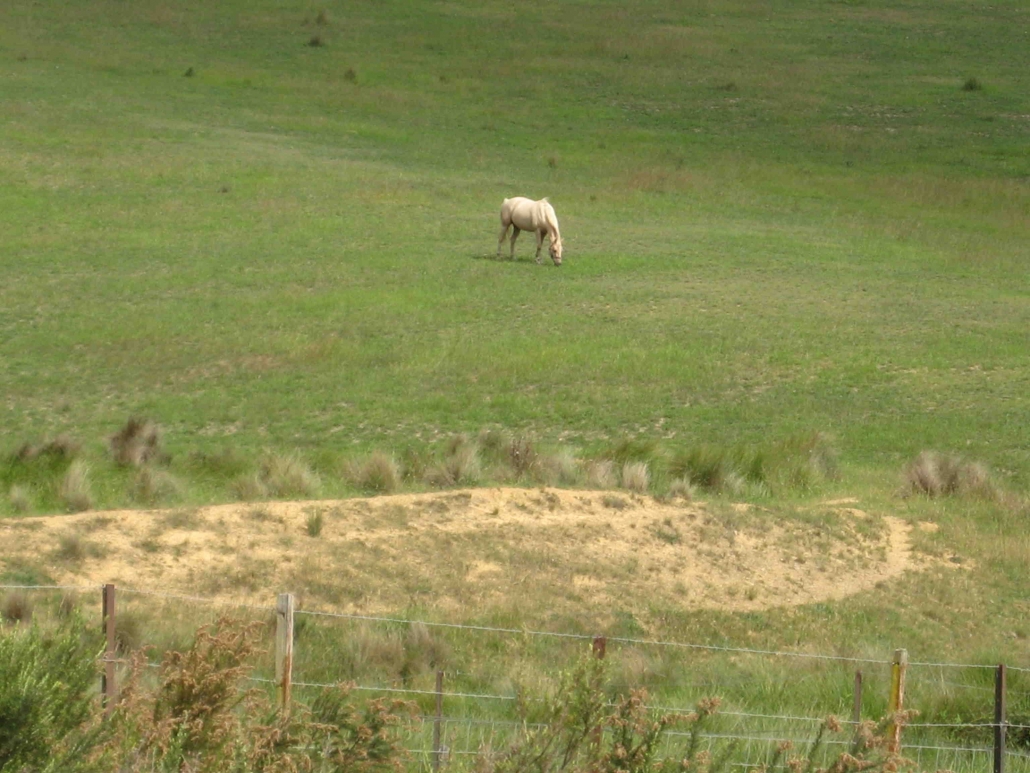Beware herbicide application in very dry conditions
The ongoing dry conditions experienced over much of the state are cause for concern amongst land managers and gardeners for several reasons. The primary, and most obvious, concern is for the provision of adequate water and forage for the health and productivity of livestock.
Another cause for concern may be the disruption in the annual spray programmes to reduce weed species.
When plants are moisture stressed translocation and respiration slow dramatically, restricting the movement of herbicides to their sites of action. Plants experiencing high temperature, low humidity and low soil moisture conditions tend to have a thicker cuticle (the protective cover of the leaf) with more waxy deposits on the surface. This reduces the absorption of foliar herbicides.
The timing and amount of rainfall not only determines the moisture status of the plant but also removes dust from the leaves and modifies the leaf cuticle. Recent rainfall will therefore improve herbicide uptake.
Soil moisture influences soil microbial activity which assists in the breakdown of herbicides in the soil. Dry soil conditions prevent the biological and chemical processes that degrade herbicides, making them more likely to persist and injure subsequent germinations of perennial pasture plants.
When weeds are growing under extreme moisture stress it may be best to wait to apply herbicide until conditions improve.
Maintaining adequate groundcover is very important at all times of the year. Good groundcover protects the soil from extreme climatic conditions, supports biological activity within the soil, and reduces weed seed germination and growth through competition.

When prolonged dry conditions break it is often with heavy a downpour, especially if this occurs within the summer months. These ‘gully rakers’ can cause much damage to farm infrastructure if there is no groundcover to absorb the moisture or to slow the flow of water across the landscape. There would be many in the district who can remember when drought breaking rains have reduced farm dams to a stinking crust of animal manure and other organic matter.
Alternative methods of weed control might be looked for in prolonged dry periods. Annual plants can be slashed or mown before their flowers mature and perennials can be chipped, pulled up if numbers are small, or slashed several times. These methods are labour intensive and therefore more costly, however perennial pastures will be protected and persistent herbicide residue in the soil will not be an issue. An added benefit will be the mulch of slashed, chipped or mown weeds covering the soil, protecting it from extreme climatic conditions and providing soil organisms with a food source.
